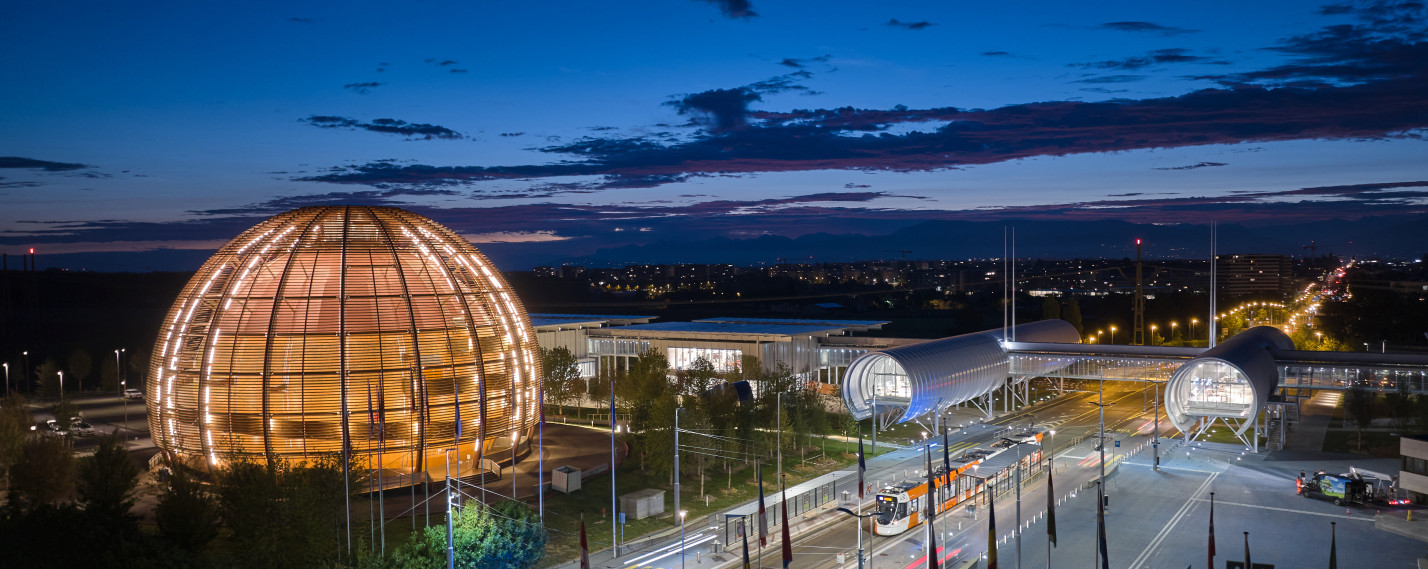Speaker
Description
The long-term stable operation of high-power accelerators demands high availability, reliability, and safety, requirements that traditional labor-intensive maintenance methods struggle to meet. In recent years, with the rapid advancement of artificial intelligence and machine learning technologies, various efficient algorithms have demonstrated great potential in the field of particle accelerators. However, a unified and efficient framework to integrate these tools for intelligent tuning and operation is still lacking. This contribution proposes a three-layer system architecture based on predictive control, comprising a data layer, a modeling layer, and a decision layer. The data layer is responsible for collecting and processing accelerator operation data, establishing a solid foundation for model construction and system decision-making. The modeling layer leverages machine learning algorithms to build predictive models for key accelerator components and subsystems. The decision layer plays a critical role in two areas: optimizing the beam tuning process through intelligent decision-making and providing dynamic forecasts of the accelerator’s operational state and early fault detection based on predictive modeling, enabling real-time intervention and intelligent control of the system. This architecture is expected to significantly enhance the tuning efficiency and operational performance of accelerators, offering new solutions and technical support for the development of future intelligent accelerator systems.
